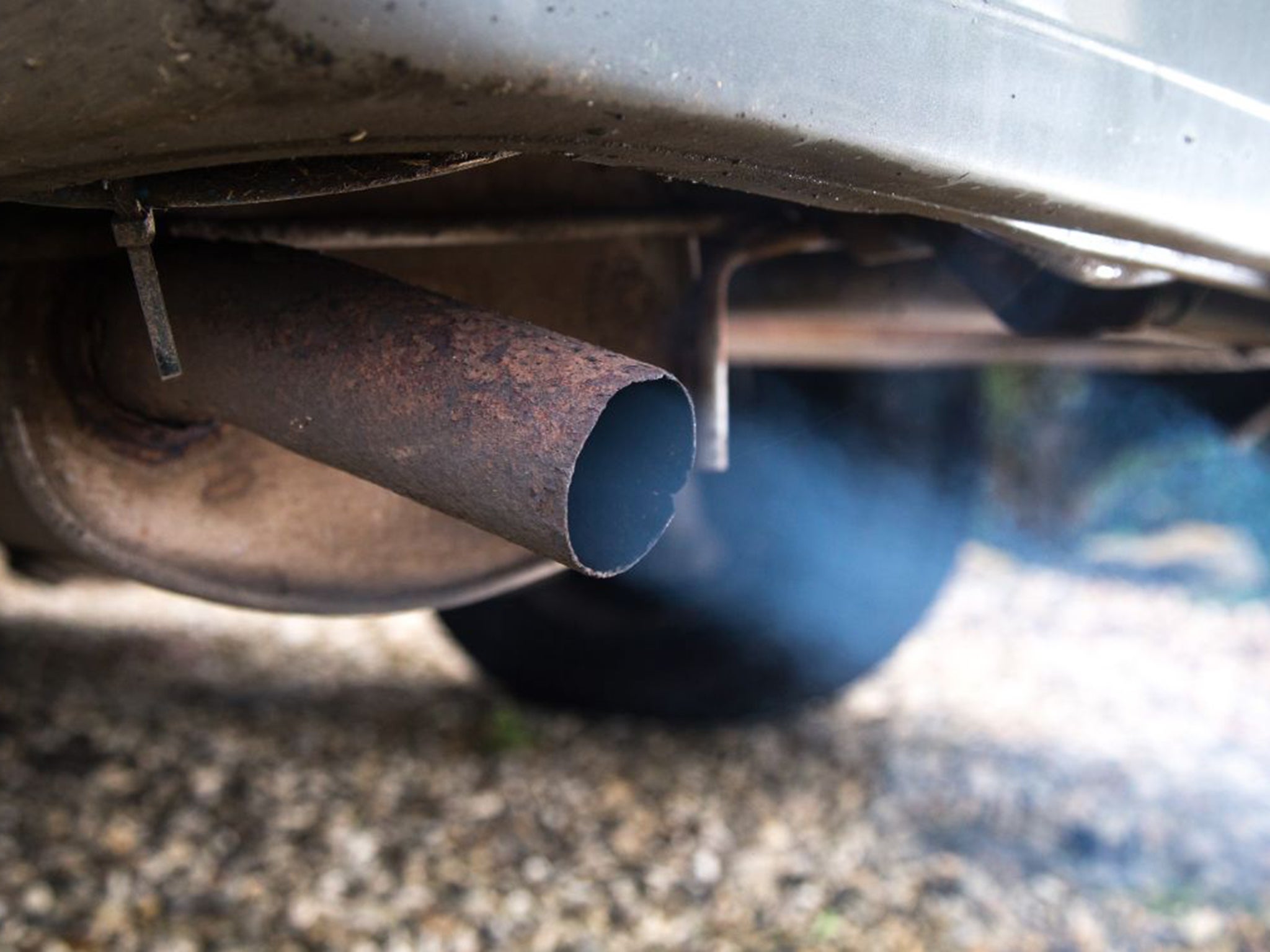Air pollution exposure in early pregnancy may increase chance of premature birth, finds study
The Government has announced it will ban all new petrol and diesel cars and vans from 2040

Your support helps us to tell the story
From reproductive rights to climate change to Big Tech, The Independent is on the ground when the story is developing. Whether it's investigating the financials of Elon Musk's pro-Trump PAC or producing our latest documentary, 'The A Word', which shines a light on the American women fighting for reproductive rights, we know how important it is to parse out the facts from the messaging.
At such a critical moment in US history, we need reporters on the ground. Your donation allows us to keep sending journalists to speak to both sides of the story.
The Independent is trusted by Americans across the entire political spectrum. And unlike many other quality news outlets, we choose not to lock Americans out of our reporting and analysis with paywalls. We believe quality journalism should be available to everyone, paid for by those who can afford it.
Your support makes all the difference.Exposure to air pollution in the first and second trimesters of pregnancy could increase the risk of premature birth and low birth weight, scientists have warned.
Researchers examining the effect on pregnant mice of fine particle air pollution, emitted by car exhausts and coal-fired power plants, said their findings add to growing evidence that breathing polluted air in early pregnancy is “potentially dangerous”.
The new study, published in the journal Environmental Health Perspectives, found that exposure to fine pollution particles called PM2.5 caused an 11.4 per cent decrease in birth weight for the pups of half of the mice in the polluted air group. A separate set of mice were exposed to filtered air for comparison.
Mice that were exposed to concentrated air pollution in the first period of gestation, equivalent to the first three months of human pregnancy, had a preterm birth in around 83 per cent of cases.
Previous research has indicated women who live in areas with high traffic pollution could be at greater risk of stillbirth and other complications.
The Government has announced it will ban all new petrol and diesel cars and vans from 2040, due to growing evidence that the nitrogen dioxide they emit is cutting lives short.
But campaigners say this measure will be introduced too late, with ministers accused of condemning people to living with killer air for years to come.
Microscopic PM2.5 particles, which are less than one ten-thousandth of an inch in diameter, penetrate deep into the lungs, where they can cause inflammation and aggravate heart and lung conditions, as well as bringing carcinogenic compounds into the body.
Senior study author Judith Zelikoff, a professor at the New York University school of medicine, said the findings “could lead physicians to advise women to avoid high pollution areas or use air filtration systems during the early stages of pregnancy”.
She added: “With preterm birth and low birth weight having such serious health consequences, the need for further research in this area is greater than ever.”
Her colleague Jason Blum, who led the research, said: “This first study of this problem in mice adds to the growing body of evidence that inhalation of particulate matter from implantation through the second trimester of pregnancy is potentially dangerous.”
Other effects linked with exposure to pollution in the study included decreased body length, decreased placental weight, and a decreased distance from the anus to the genitalia, which can reflect abnormal hormone levels.
Join our commenting forum
Join thought-provoking conversations, follow other Independent readers and see their replies
Comments